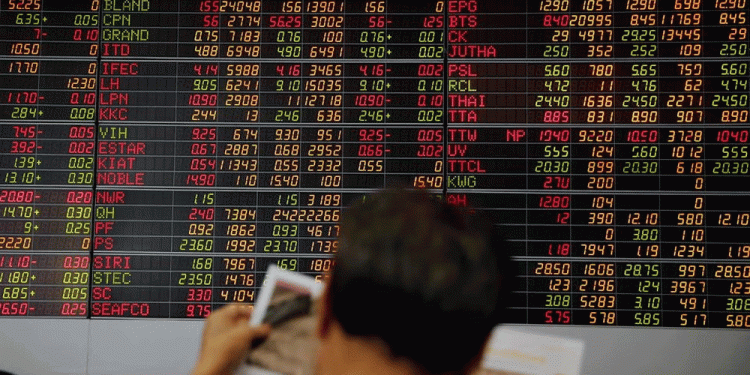Tuesday, 25 August 2015 19:56
 BUDAPEST: Central European assets recouped part of the previous session’s sharp losses on Tuesday as some Asian stocks also rebounded.
BUDAPEST: Central European assets recouped part of the previous session’s sharp losses on Tuesday as some Asian stocks also rebounded.
Stocks in the European Union’s emerging markets extended gains after China cut rates to help its stuttering economy and try to calm its financial markets.
The forint was flat at 312.65 against the euro at 1337 GMT after Hungary’s central bank kept interest rates on hold at record lows as expected.
The forint had already rebounded late in the previous session from a 7-week low at 317 hit on Monday during the global selloff.
The Hungarian central bank said it needed to stay cautious due to concerns about China and long-flagged prospects of an eventual US rate rise.
The forint has moved in tight ranges in the past weeks despite risk aversion in global markets, the bank added.
After a muted initial response to China’s crisis, central European currencies weakened on Monday past lows hit during the Greek debt crisis in July and regional stock indices suffered their biggest daily fall for years.
The zloty firmed 0.4 percent to 4.217 against the euro on Tuesday, off 7-month lows reached on Monday. A Warsaw-based dealer said it could remain under pressure.
“Lower rates in China could be negative for the zloty as they could cause further deflationary pressure which will once again renew the discussion on rate cuts here,” the dealer said.
“In the short term, the zloty could remain weaker (…) A move below 4.20 per euro will be a good opportunity to sell it.”
Stocks also recouped part of Monday’s loss, led by a 4.8 percent jump in Prague’s main index.
It got additional support from a 10.6 percent jump in the shares of telecom company O2 after it said it may pay shareholders 38 crowns per share.
The Czech crown, meanwhile, after trading near the central bank’s cap at 27 against the euro for weeks, touched its weakest levels since July, dropping 0.2 percent on the day to 27.093.
The dinar eased by 0.3 percent to 120.52, approaching 120.8, the level at which the Serbian central bank sold euros in the market on Monday to support the local currency.
Government bonds also eased further, with the yield on Poland’s 10-year paper rising 10 basis points to 2.95 percent.




























